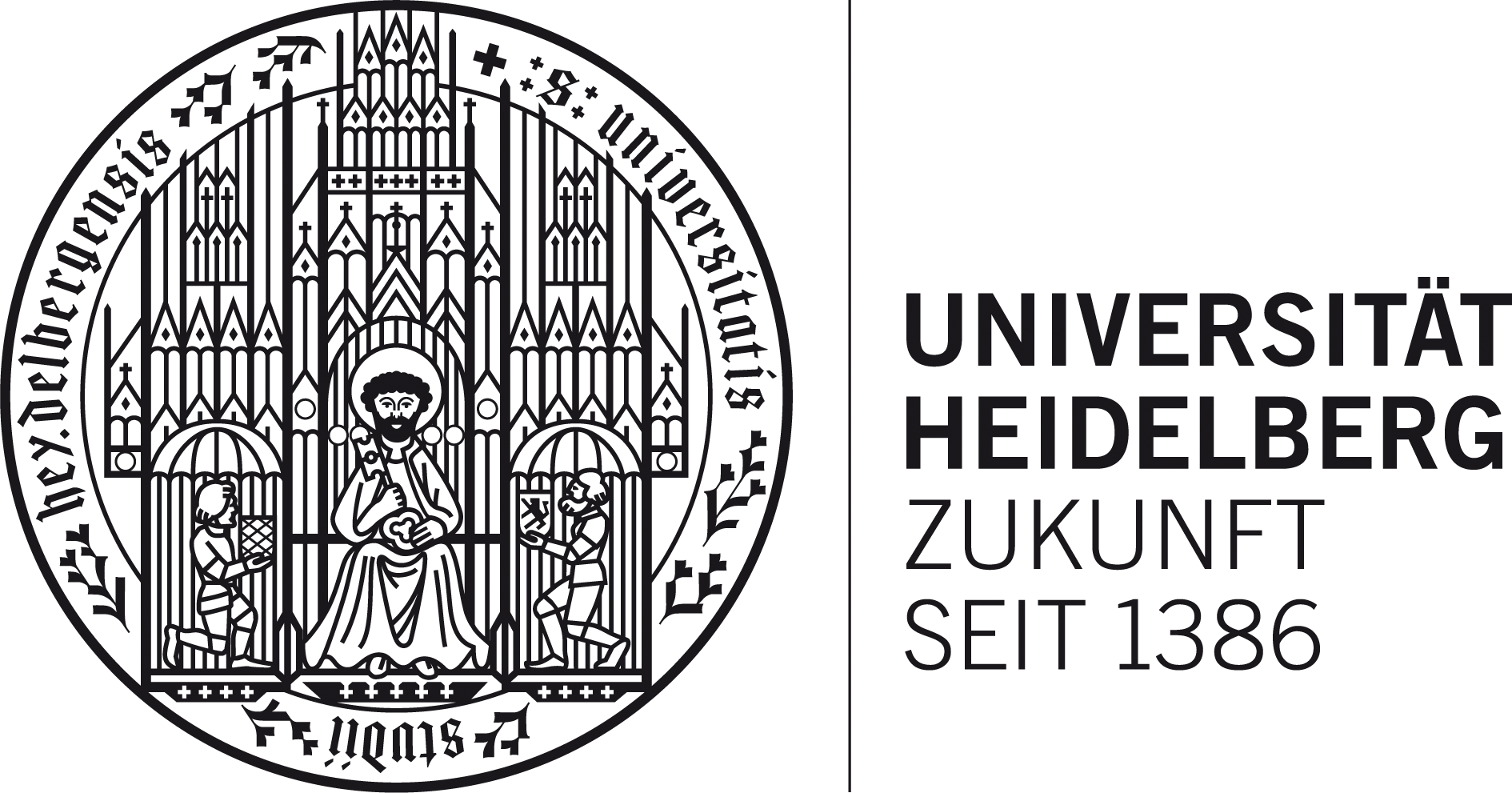PhD Positions
B1 PhD Topic: Biodynamic simulations models of human locomotion for undisturbed reference behavior
Short description
Detailed biodynamic simulation models aim for the analysis as well as the prediction of human motion properties on the level of the individual muscles involved. Such simulation models for (mainly) undisturbed motions are investigated which enable a scalable level of detail and individualization. Based on a categorization of model uncertainties strategies are investigated to rate uncertainties and control their effects on the simulation results. Interactions with neuroscientific dynamical brain models may be discussed.
The PhD student will perform research and development of advanced biodynamic simulation models for a catalogue of reference motions with varying level of detail and their evaluation using biomechanical measurement data from representative motion contexts
Profile and qualification requirements
- Above average Master's degree in Computer Science or related areas of Mathematics and Engineering
- Basic knowledge in modeling, simulation and validation of human or robot motion dynamics, nonlinear optimization methods, control methods
- Very good programming skills, especially C++, Python, including development of extensive program packages
- Ability to work independently as well as within a team
- Strong interest for interdisciplinary work
- Good knowledge of written and spoken English and at least basic knowledge of German (desirable)
- Desirable: Advanced knowledge in modeling and simulation of human or robot motion dynamics, nonlinear optimization methods, control methods
PI and Co-PIs
Oskar von Stryk (PI), Stephan Rinderknecht (Co-PI), Martin Grimmer (Co-PI)
B2 PhD Topic: Models of Perturbation Behavior in Human Locomotion
Short description
In order to develop robust and versatile integration strategies of movement assistance systems in the human body schema, it will be advantageous to predict the human movement and the intention of movement under various boundary conditions concerning perturbations (e.g. changed ground properties such as steps or ramps, simulated obstacles or external forces), cognitive influences (e.g. changed visual perception), and individual expectations (e.g. expected obstacle). Dynamic movement models are a tool for prediction.
The PhD student will develop, expand, and adapt such models in close collaboration with PhD students in project area A (sensors-, actuators-, and functional materials for human-machine interaction). Thus, human perturbation data of selected movements and disturbance situations should be recorded as an input for the developments as well as for validation.
Profile and qualification requirements
- Very good Master's degree in the fields of sport science, physics, computer science or electrical engineering
- Strong interest for interdisciplinary work
- Knowledge in the area of measurement and sensors and experience in building wireless data acquisition systems.
- Knowledge and good skills in simulation tools (e.g. Matlab & Simulink)
- Good knowledge of written and spoken English
- Basic knowledge of German
PI and Co-PIs
Martin Grimmer (PI), André Seyfarth (Co-PI), Mario Kupnik (Co-PI)
B3 PhD Topic: Machine Learning for Motion Support by Intention Predictions
Short description
In order to achieve a suitable support of human movement by an assistive system, the intention of the user must be recognized and the support must be synthesized in such a way that it compensates for the movement deficit. For accomplishing this goal, intention detectors are trained using machine learning methods to determine the appropriate motion context. Novel machine learning approaches will be designed specifically for motion support, interaction and physical human-robot cooperation.
The PhD student will develop new deep generative probabilistic models to model the joint behavior of both the human and the assistive system. These models will be adapted to supporting the human by conditioning on the estimated intention of this behavior model.
Profile and qualification requirements
- Above average Master's degree in Computer Science or related areas of Mathematics and Engineering
- Basic knowledge in modeling, simulation and validation of human or robot motion dynamics, nonlinear optimization methods, control methods
- Very good programming skills, especially C++, Python, including development of extensive program packages
- Ability to work independently as well as within a team
- Strong interest for interdisciplinary work
- Good knowledge of written and spoken English and at least basic knowledge of German
- Desirable: Knowledge of human motor control and learning, machine learning – especially imitation, reinforcement and model learning, robotics
PI and Co-PIs
Jan Peters (PI), Oliver Gutfleisch (Co-PI), Stephan Rinderknecht (Co-PI)
